Stay Alert Of These Hormone Disruptors
 Plastic overuse can contribute to hormonal imbalances. Image courtesy: Unsplash
Plastic overuse can contribute to hormonal imbalances. Image courtesy: Unsplash
Do you get anxious over petty things? Do you feel like no one understands you? Do you feel like crying without any reason? Do you have angry outbursts all of a sudden? If your answer is a yes, it could be your hormones. Perhaps you have a hormonal imbalance.
Only a few cases of hormonal imbalance are genetic in nature or driven in the family due to bad genes. Most other cases can be attributed to a faulty lifestyle. And the most common gap could be overexposure to chemicals. How so, you ask? Read on to understand in depth.
All of us have studied at some point in our biology classes about the endocrine system which is essentially a network of glands that secretes hormones to regulate various body functions. It is a very sensitive network affected by our lifestyle which includes all the four pillars – Cellular Nutrition, Adequate Exercise, Quality Sleep, and Emotional Detox. An imbalance in even one of the pillars can throw your hormones out of sync.
We keep getting questions in our day-to-day practice of coaching and consulting clients across the world like, “I have a very disciplined lifestyle, so why are my hormones not in range?” After a round of probing questions, we realized that although their lifestyle is good, their exposure to plastic, non-stick cookware, cosmetics, and chemical-laden cleaning equipment, among other things is excessive. The client was shocked to know these could cause hormonal imbalance issues too.
Truth be told, many of us are oblivious to the presence of these chemicals or a mix of chemicals called Endocrine Disruptors (ED) in our everyday life. We are exposed to these disruptors through the air we breathe, the water we drink, the food we eat, and even the products we use.
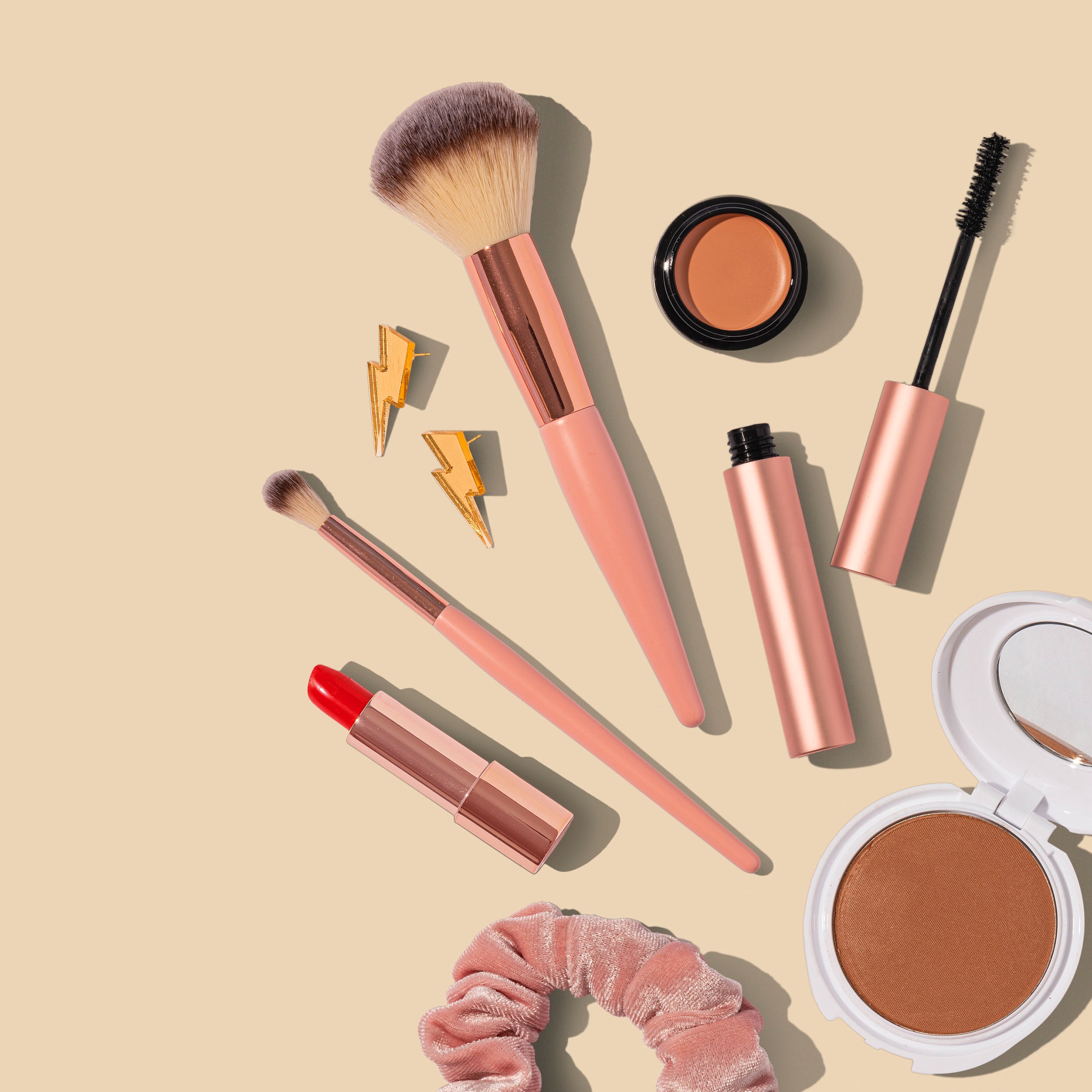 Did you know there are endocrine disrupting chemicals hidden in your cosmetics? Image courtesy: Unspash
Did you know there are endocrine disrupting chemicals hidden in your cosmetics? Image courtesy: Unspash
A few common examples:
- Why are so many PCOD cases prevalent in teenage girls? It could be the plastic present in sanitary pads.
- Why do young boys have low testosterone levels? It could be the possible overuse of perfumes (artificial fragrances), toys (plastic), and cosmetics.
- Why are more and more women females approaching menopause earlier than they should? It could also be related to the possible use of non-stick cookware, cleaning products like detergents, and dishwashing liquid.
- Why are so many men having prostate issues? It could also be related to excess exposure to car emissions and industrial chemicals.
While these are some of the causes, they aren’t the only reasons behind hormonal imbalance. Remember, hormonal imbalances are multifactorial.
These EDs either mimic the hormones in our body (phytoestrogens mimicking estrogen) causing under or overproduction (variations in growth hormone), or block our hormones from doing their job.
The EDs don’t need to be in larger quantities to affect your hormonal balance. Even a small percentage from everyday exposure can lead to issues in the longer run. Exposure to these chemicals in early stages of development like infancy can even lead to developmental disabilities or disease in the later stages of life.
So, how can we reduce our exposure to these hormone disruptors?
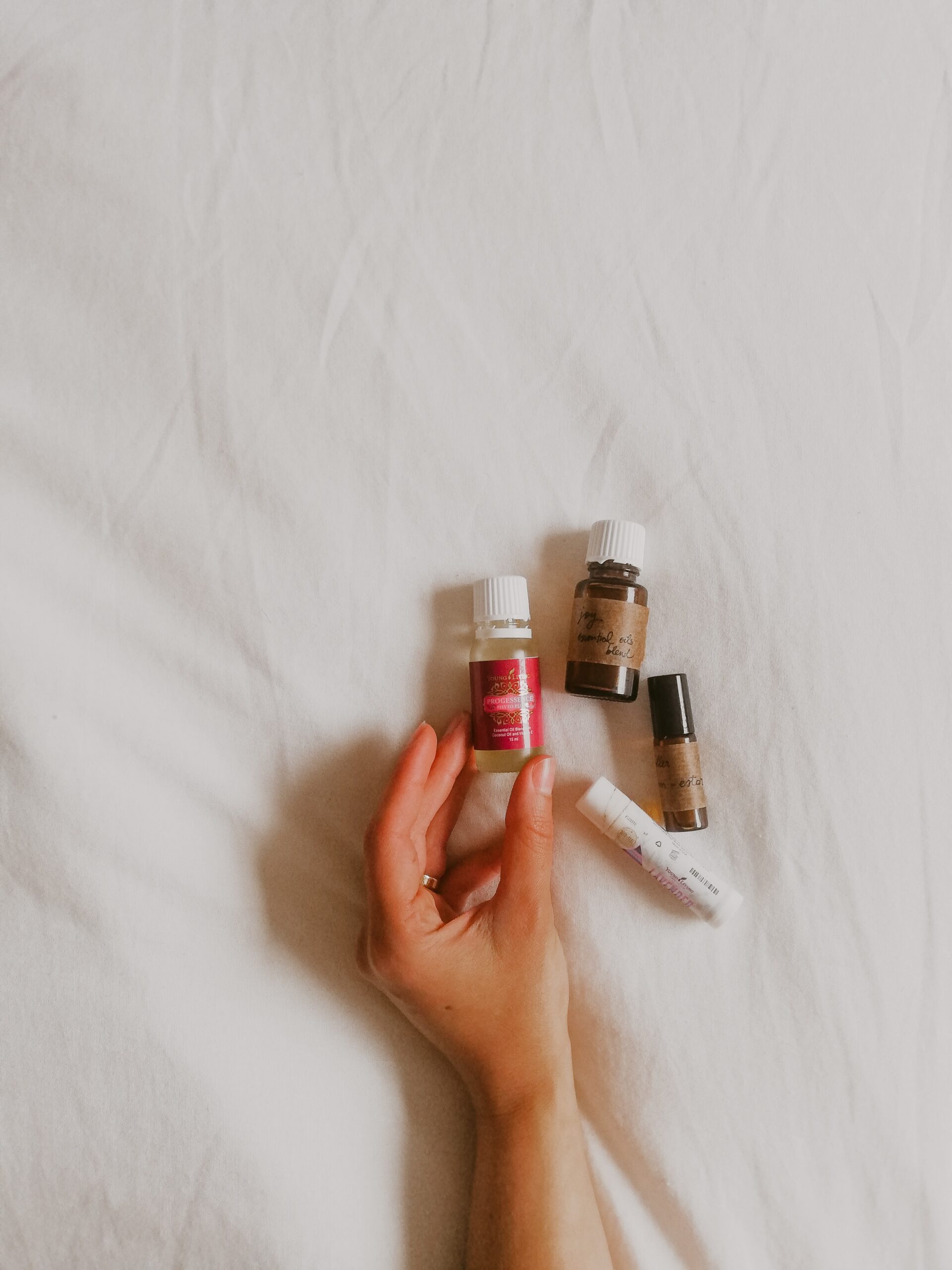 Switch to natural alternatives. Essential oils are great replacements for perfumes and fragrances.
Switch to natural alternatives. Essential oils are great replacements for perfumes and fragrances.
Image courtesy: Unsplash
Here are a few tips:
- Wash your hands before eating. This way you rinse a lot of chemicals down the drain. Be careful not to use fragrance-based hand washes or soaps. Go for natural ones without surfactants/chemicals.
- Keep your house clean, because the pollutants present in the dust can accumulate on your carpets or curtains. Vacuum your place using HEPA filters that don’t blow away dust particles.
- Do not choose products based on fragrances because a lot of chemicals are used to create these fragrances. Phthalate, a class of chemicals found in fragrant products, is a known hormone disruptor. Opt for products that are essential oil-based if you love scents as they have a natural fragrance.
- Plastic? Think again. Although we love the different shapes and colors they come in, food stored in plastic containers leaches chemicals into the food. Bisphenol A (found commonly in unbreakable plastic) and Phthalates (found in flexible plastic) are the EDs present in it. Switch to steel or glass containers to store food. Do not microwave food in plastic containers. Choose cotton or wooden toys for your kids. Use cloth bags to store vegetables.
- Avoid canned foods and beverages. Although cans are cool, they are lined with BPA or similar chemicals to prevent corroding. Choose fresh foods, tetra packs, cartons, or glass containers.
- Switch to organic foods to avoid pesticide exposure. If you are on a tight budget, source local foods from trusted sources. Grow vegetables in your own kitchen garden. It can not only ensure quality produce but also be a therapeutic activity.
- Sticky cookware is better than non-stick, as they have polyfluoroalkyl substances which are a known class of EDs. Go for steel, cast iron, glass, or clay cookware. (To read more about cookwares, click here)
- Packaged or unpackaged, a glass of water from your water filter at home is better than the ones stored in a twenty rupees plastic water bottle. Always carry your own water bottle. Opt for water purifiers that have steel storage tanks.
- Use cleaning agents without chemicals. Use the dishwashing liquid or detergents which are made of natural ingredients rather than the commercially available, chemical-laden ones as they increase the load of indoor pollutants. Products made of soap nuts, neem, and lemon, among other natural ingredients are preferable. Looking to make this big switch? Shop for chemical-free products here.
- Outside to inside – The cosmetics that you use are laden with chemicals that can then seep into your body through your skin causing hormonal imbalance. Just like how careful we are about the quality of food that goes in our mouth, we must be careful about the quality of products we apply to our skin and body. This concept applies to sanitary pads/diapers used too. Several sustainable brands now sell sanitary napkins made out of bamboo, which is certainly a better choice. Switch to cosmetics that are made of natural ingredients and pads which are made of natural fiber. To find such products, click here.
We can always advise you and guide you, but it is your responsibility to take action and work on your lifestyle. Knowledge is not power but putting that knowledge into practice is. Initially, it might seem too much but you do not have to do it all at once. Start with baby steps because progress even though slow is still progress.
Diagnosed with hormonal imbalance? We will help you find a way. Work with our integrative hormone experts and plan your lifestyle to get your hormones back in sync. Talk to us on 18001020253 or email us at info@lukecoutinho.com.
|
From a pimple to cancer, our You Care Wellness Program helps you find a way Talk to our integrative team of experts today 18001020253 |

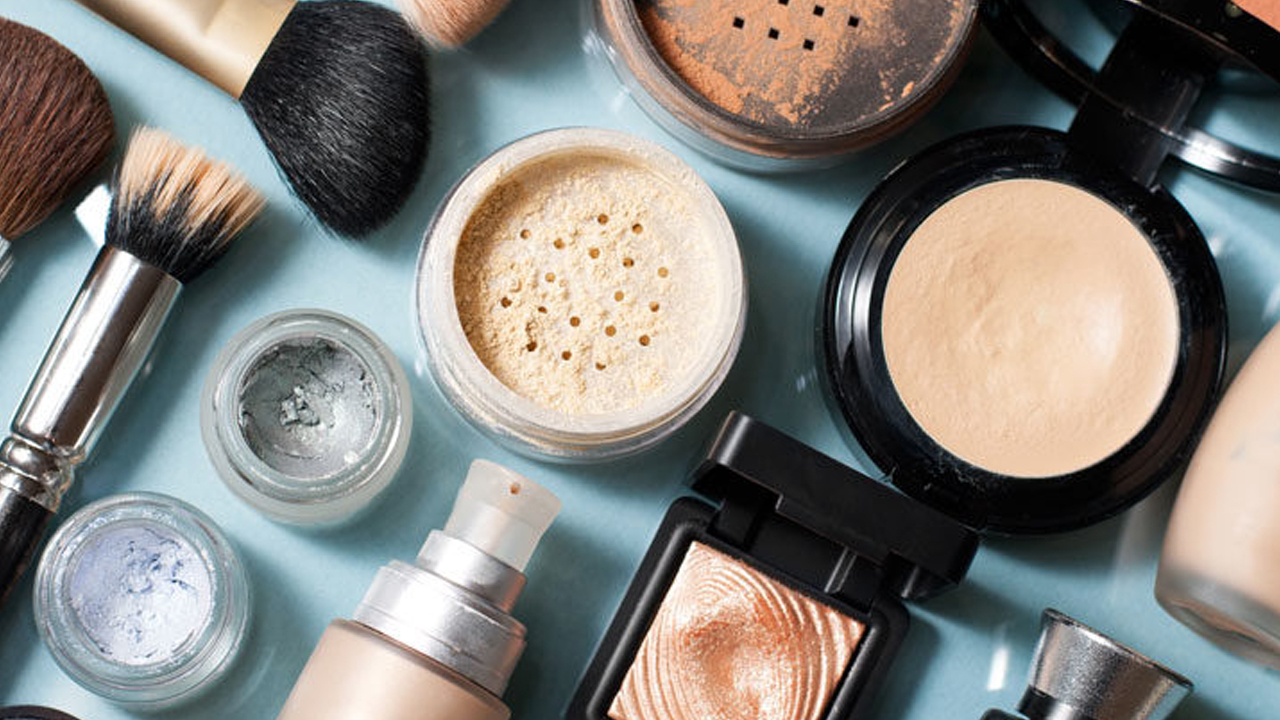
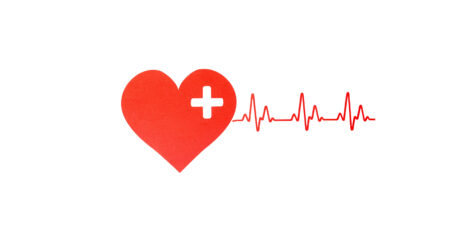





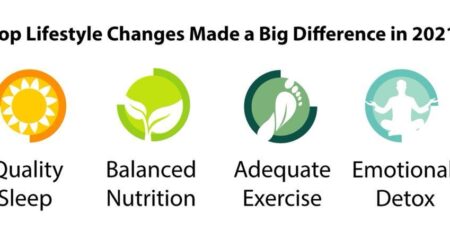

Leave a Reply